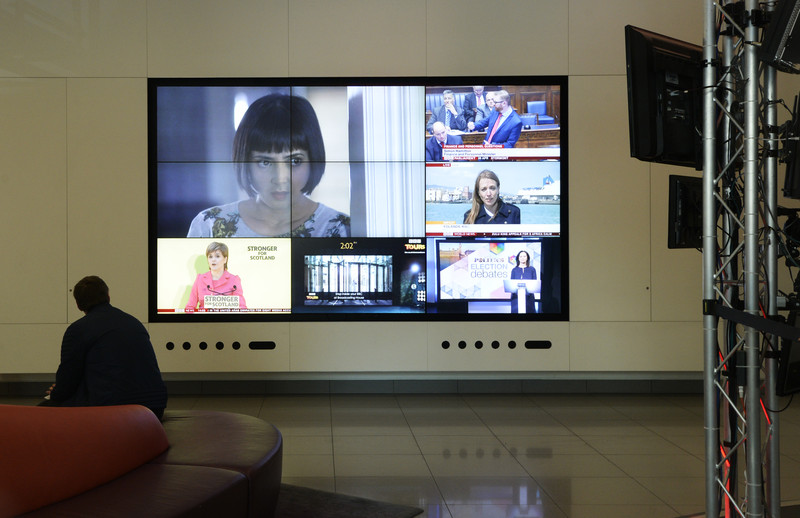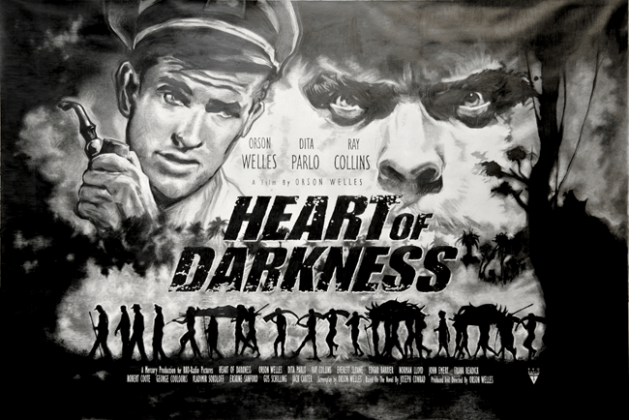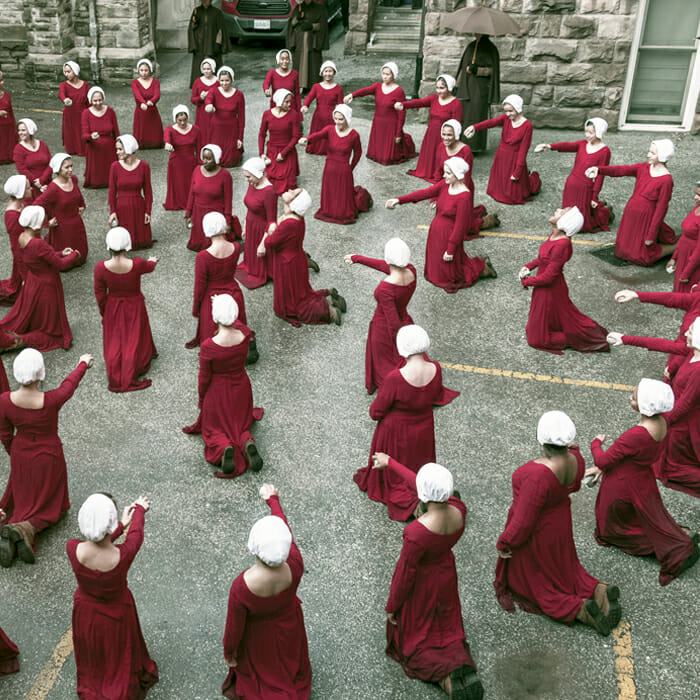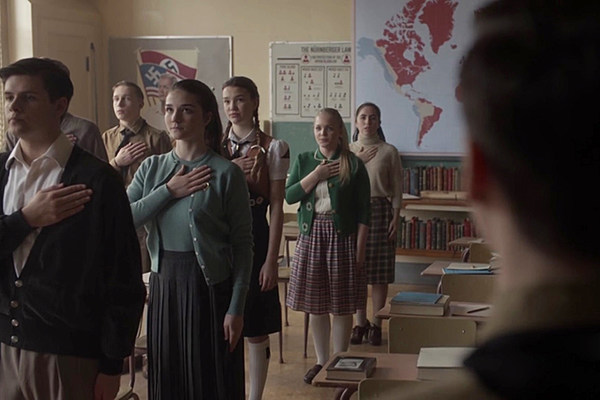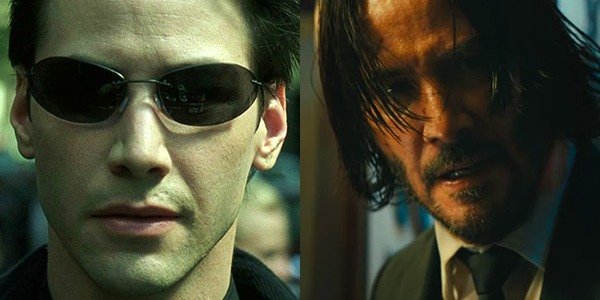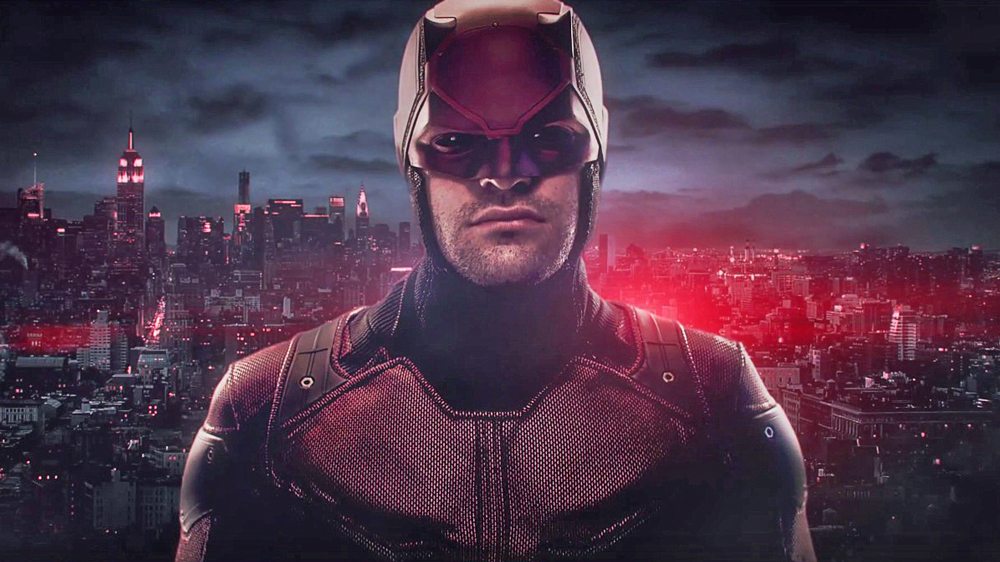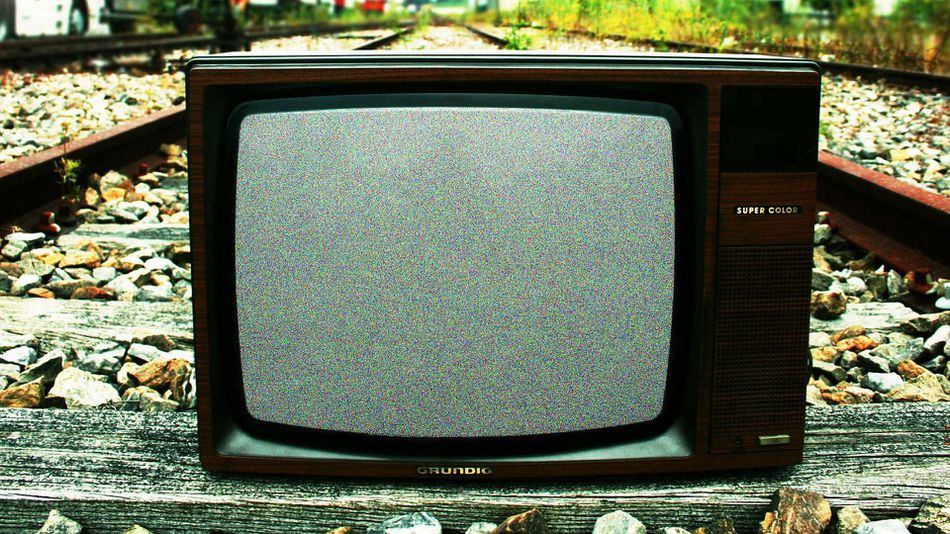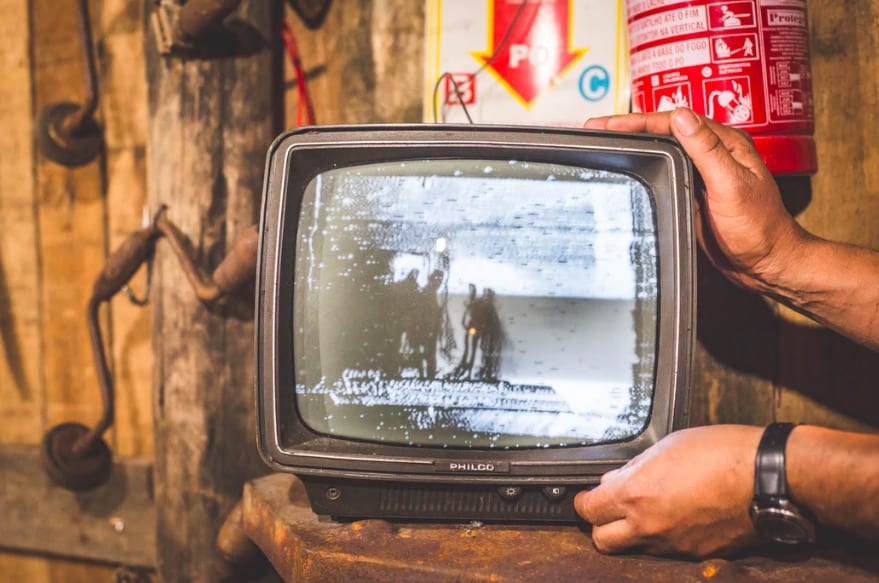
The last two years have been both luxurious and difficult. Luxurious, because the award of an AHRC ECR Research Leadership Fellowship gave me the freedom to work on a dream project. Difficult, because the slow decline and death of my father ran in parallel to that award. Sometimes – as I struggled to meet my commitments to work and family – that dream felt like a nightmare.
